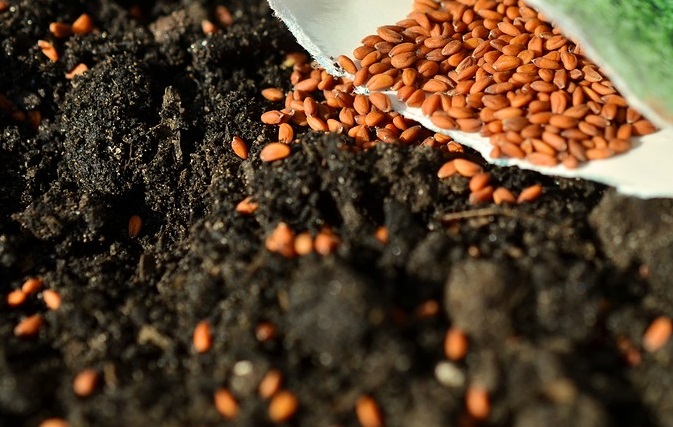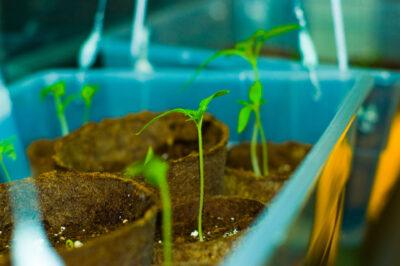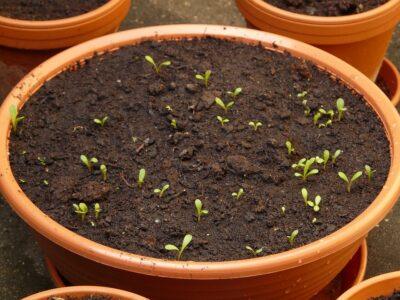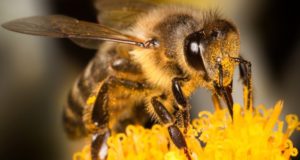Those of us who raise our own vegetables know it involves more than simply sowing spring seeds and reaping the delicious rewards at harvest time. One of the many gardening tasks which requires thoughtful research and attention is purchasing seeds. If you are contemplating your garden for this season, following are six questions worth consideration.
1. How long do seeds last?
The reason this question should be asked first is because you need to know if last year’s leftover seeds will suffice. The answer varies greatly, depending upon the particular vegetable. Storing your seeds in a cool dry place and out of direct light will improve their overall longevity.
Some seeds can be expected to germinate well after having been stored for up to 10 years. Seeds such as, wheat, sorghum, rice and other grains.
Other types of long-lasting seeds include those in the brassica family—broccoli, cauliflower, kale, kohlrabi and Brussels sprouts—which can last about five years. More types of seeds with a longevity of four to five years include cucurbits—cucumbers, pumpkins, squash and some melons—as well as radishes, turnips, celery, Swiss chard, beets and lettuce.
Need Non-GMO Heirloom Seeds? Get Them From A Company You Can Trust!
Depending upon the source of information and the specific cultivar, spinach may be among the longer-lived seeds or among those which last just a year or two, but it has lasted quite well in my personal experience.
The seeds in the nightshade family vary. Eggplant can last up to five years, tomatoes four, and peppers only two.
The midrange seeds—those which last about three years—include beans, peas and carrots.
Some sources say leeks can last up to three years, as well, and other sources place it in the shorter-lived category with its allium relatives such as onions.
In addition to onions and possibly leeks, other short-lived vegetable seeds which can be expected to last only one or two years include corn, okra, parsley, peanuts, salsify and parsnips.
Keep in mind that there are few hard and fast rules about how long each seed might last. The best thing to do is to give them a try, bearing in mind that the older the seeds and the shorter the general viability, the less likely they are to germinate. But there is no harm in trying.
The ideal way to try questionable seeds is to start them indoors well ahead of time and be prepared to replace them with new ones if they do not germinate. If your situation does not allow you that much wiggle room, buy new seeds.
Get Everything You Need To Start Your Garden Now In One Complete Kit.
2. How early should they be started indoors?
The type of seeds, your climate, and your growing conditions all play huge roles in figuring out how early to start them.
The absolute best advice here is to follow the directions on the seed packet, in the seed catalog from which you purchased the seeds, or from the greenhouse or retailer who marketed them.
Some seeds allow a great deal of timing latitude. Others do not. One of the most important things to consider is the needs of the plant as it grows and fruits. For example, does it need intense sun to thrive, or will heat cause it to bolt? Does it need long day lengths, or a long-growing season, or warm overnights, or plenty of rain? The timing of what your plant needs should dictate the timing of your seed starting.
Long-day onions, for example, will form proper bulbs only when there are 15 or more hours of daylight. Since summer day length increases further from the equator, these types of onions are best grown in northern climates. And since the days are longest in late June, onions need to be ready to set bulbs by then. Onions need to be started as early as March in some regions, well before most other seeds .
In order to make sure that they fruit before frost, other vegetables are typically started indoors. Tomatoes, peppers and eggplant are sensitive even to a light frost. Many types of squashes, cucumbers and melons need to reach their growing peak during the height of summer sun, as well.
With other vegetables, the key factor is growing them early to avoid the heat of summer. Lettuce, spinach, peas and broccoli thrive best in cool conditions. They can be planted very early—either started indoors or directly sowed in cold soil. Therefore, they will have served their purpose before succumbing to heat.
3. Start them at home or buy seedlings?
Many gardeners do some of both. Economy of scale is a primary factor. The cost per seedling is certainly higher from a greenhouse than starting one’s own. A better value is buying your seedlings already started. If a gardener is planning just a tiny plot with a few vegetables, it hardly seems worth the trouble and expense of buying potting materials and running heat lamps, or even buying the packets of seeds. (Then again, it is more fun to plant them indoors.)
The All-Natural Fertilizer That Doubles Your Garden Yield!
On the other hand, the cost of buying flats of seedlings adds up quickly, and paying someone else to start an entire garden full of vegetables can be an expensive proposition.
Another thing to consider is whether you will be able to find the cultivar you want already started. You may not be able to find specialty items at a commercial greenhouse.
It makes sense to start some of the seeds you’ll use the most of and the specialty varieties you want. Also, plan to purchase a few flats of additional seedlings when planting time comes.
4. How much is enough?
When buying seeds, it is way too easy to get carried away! Perusing the pages of seed catalogs during winter makes gardeners want to buy more seeds than can realistically be managed, in the same way that people load up their buffet plates with more food than they can possibly eat.
One way to control the temptation to buy one of everything is to choose one or two areas in which to splurge. Pick a couple of favorite vegetables and go wild with cultivars—six kinds of eggplants or four varieties of butternut squash, for example—and commit to restraint with everything else.
Another idea is to allow one new cultivar in each category each season in exchange for discontinuing one from last year. Therefore, keeping the total volume within reason while still enjoying new items and replacing choices that proved less successful.
Good record-keeping is an excellent way to determine how much is enough and rein in overspending. Annotating seed purchases, garden yields, and the preserved food volumes enables a gardener to figure out whether increases or cutbacks are in order. If most of last year’s pumpkins landed on the compost heap and there are still canned green beans from three years ago, consider planting less of those vegetables and delegate the space to something else this year.
5. Open-pollinated versus hybrid?
Seeds that can be replicated at home are called open-pollinated seeds. In other words, the seeds produced by your open-pollinated vegetables can be dried, saved and planted next year. The result will be the same vegetable as this year.
Hybrid seeds are genetic mutations. They very often produce a higher quality vegetable out of the seed packet, having been developed for specific purposes such as disease-resistance or drought tolerance or higher sugar content or better productivity. But the seeds from this year’s vegetables will not produce identical offspring next year.
Open-pollinated seeds is a must if you are a seed saver. If you are not, then it is OK to choose your seeds based upon other factors.
Lest it seem that the act of buying seeds for the upcoming season is too overwhelming, do not be discouraged. Most gardeners miss the mark on at least one of these questions some of the time, and many gardeners spend a lifetime striving for perfection. The important thing to remember are the reasons for gardening in the first place. The opportunity to be self-sustaining, the reward of choosing your own food—and more than anything, the enjoyment of it all.
What are your most important questions when purchasing seeds? Share your advice in the section below:
 Off The Grid News Better Ideas For Off The Grid Living
Off The Grid News Better Ideas For Off The Grid Living






